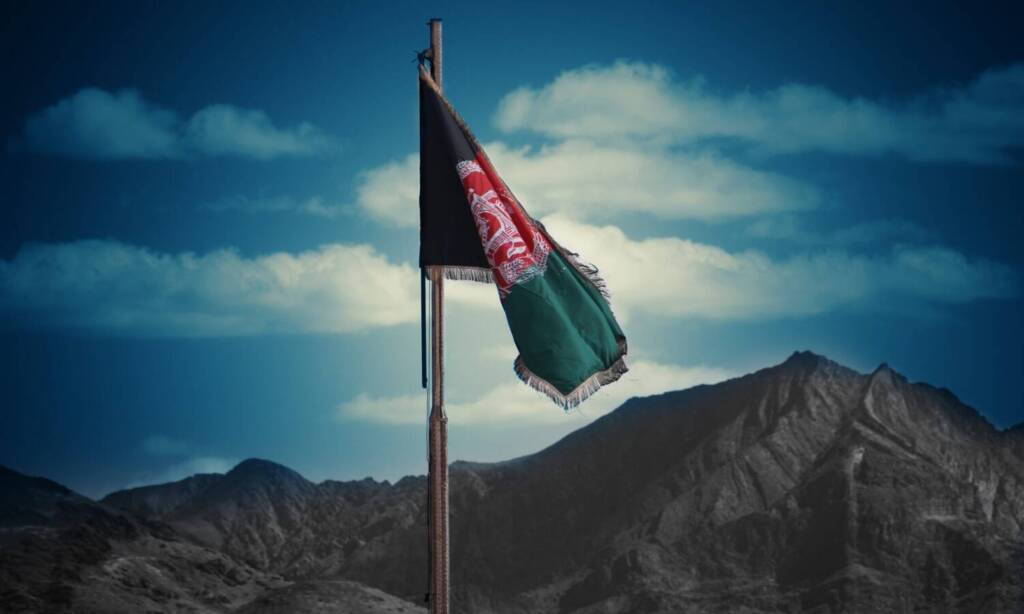A deal has been finalized with a German company dedicated to the development of cannabinoid-based medicines called Cpharm.
By Franca Quarneti, Via El Planteo
A few weeks ago, the Taliban regime in Afghanistan announced that it had reached an agreement with a company to grow and manufacture cannabis products in the country.
Through social media, the Ministry of Interior reported that a company called Cpharm would make an investment of more than $400 million to create a factory to produce marijuana.

What Happened?
A media scramble set the spotlight on a small consulting firm outside Sydney, Australia, called Cpharm. Quickly, through a statement, the company denied having any relationship with the regime.
“We have no relationship with cannabis or the Taliban. We have no idea where the Taliban statement has come from in the media and we want to assure everyone that it must not be related to Cpharm Pty Ltd Australia,” they assured.
After the media hype, Qari Saeed Khosty, the Taliban spokesman, tweeted to set the record straight: The deal had been finalized with a German company dedicated to the development of cannabinoid-based medicines called Cpharm.
The German Company With An Actual Cannabis Deal With Afghanistan
Cannabis Now contacted CPharm International’s offices in Bonn and spoke with its CEO, Werner Zimmerman.
“We started talks with Afghanistan in 2017 when their parliament passed a medical cannabis law,” Zimmerman said, adding, “In November 2020, we started setting up the infrastructure near Mazar-i-Sharif in the north of the country, bringing in experts to build a laboratory. But the previous government put in place by the Americans was very corrupt.”
RELATED: We Need To Recognize That The War In Afghanistan Is Not Our ‘Longest War’
Moreover, following the Taliban advance in August, the CEO believes he has “better prospects”.
“The new government loves us very much,” he said.
“CPharm will engage in contract farming, building an extraction center to process cannabis grown on plots of land by local landowners,” Zimmerman explained. “Local growers will receive our seeds and meet our industry standards.”
This article originally appeared on El Planteo and has been reposted with permission.


